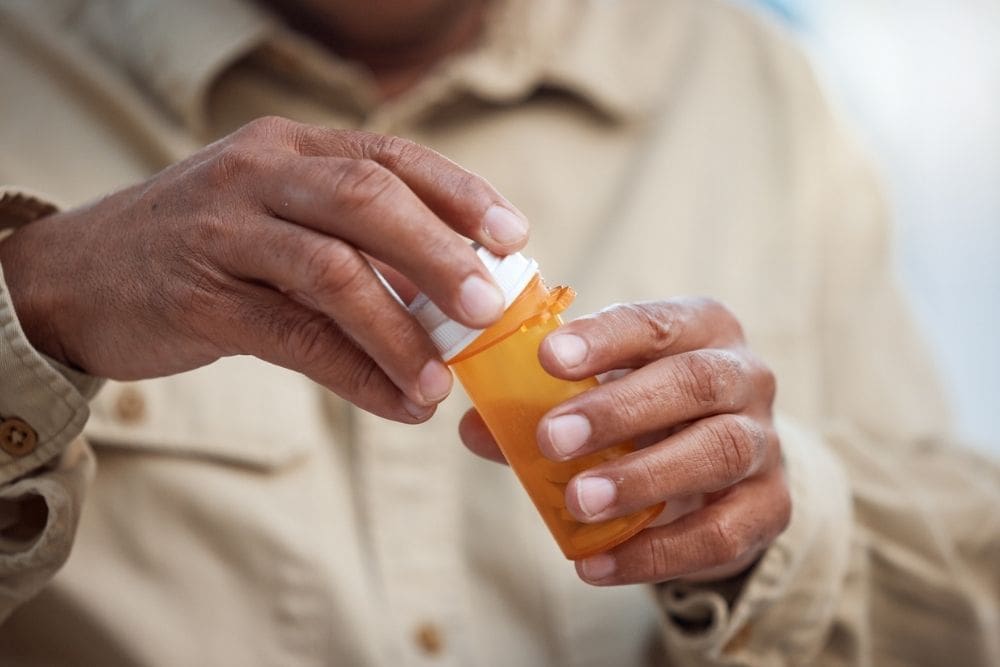There’s no place like home.
Sometimes this can be helpful, and sometimes not so much. Inside the safe and supportive walls of St. Gregory Recovery Center, it’s easy to conform to a sober life. You may think it will continue to be that simple at home, but don’t be deceived.
The world outside is a difficult place. There is temptation around every corner and old habits really do die hard. It’s vital to have safety nets and support systems in place when you transition out of inpatient recovery.
There are many options for transitioning, and the first step is to find the one best suited to your individual needs. Remember: you aren’t walking this recovery journey alone and there is no shame in admitting you need help!
Don’t Go Overboard
After completing treatment for substance use disorder at an inpatient facility like St. Gregory Recovery Center, you can feel like a new person. Don’t fall into complacency and assume everything is now perfect. The cold slap of reality after such thinking can be harsh and depressing.
Instead, remember every day is a new chance. Every day will have its own temptations, struggles, and challenges. None of these are insurmountable if you have a healthy support system around you and continue to use the tools you have been taught.
Be Mindful of Relationships
Having a strong support system and sober friends to help keep you grounded is imperative in successful after-care. While it can be awkward or difficult to talk about your struggles with dependency and addiction, your loved ones cannot help if they are unaware.
Consider family therapy as an option to help mend broken trust and encourage healthy communication. Even if no one in your family is a threat to your sobriety with their own using, they can be an emotional roadblock by being distrustful or doubting your ability to stay sober.
There are also support groups for both recovering addicts and their family members to learn skills in handling life after rehab. It is important that those people you return home to understand how they can best help you maintain sobriety and how to handle the difficult situations that will arise. The tactics learned and friendships built by everyone in these settings can be a huge boost to your success as well!
One of the most dangerous aspects of returning home can be the people you’re returning to as well. If you’ve got family, friends, or a significant other who is still using substances, the pressure and temptation may lead to relapse.
Sometimes the safest thing to do is to start over fresh, in a different setting and surrounded by different people. There are options for transitional housing (halfway-houses and the like) that offer a safe place in-between rehab and the rest of the world.
The bonds made with others in similar situations can be instrumental in building a support system of like-minded friends. Growing friendships with those who are going through similar situations gives you people to be accountable to as well as people who understand the temptations and issues you are struggling with as you work towards a sober life for yourself.
“But What If…?”
While a single slip—if caught and managed immediately—can be corrected, it can also be your demise. If the substance you relapse with was one you previously had a tolerance for and you relapse using your pre-treatment dose, it could easily cause an overdose. Possibly even cause a lethal overdose.
However, it is important to not throw yourself into the pit of despair over your cravings or a slip-up. Be accountable for yourself and your actions, and take responsibility for your choices—even if it was a decision you regret. There are ways to handle a slip and prevent a full relapse if you don’t try to hide it or let the guilt consume you.
We’re Committed to Your Success
St. Gregory Recovery Center’s caring staff are committed to your success as you transition from our inpatient program to life at home. Please remember we are always here to answer any questions and offer assistance as you make this change toward building a better life.




